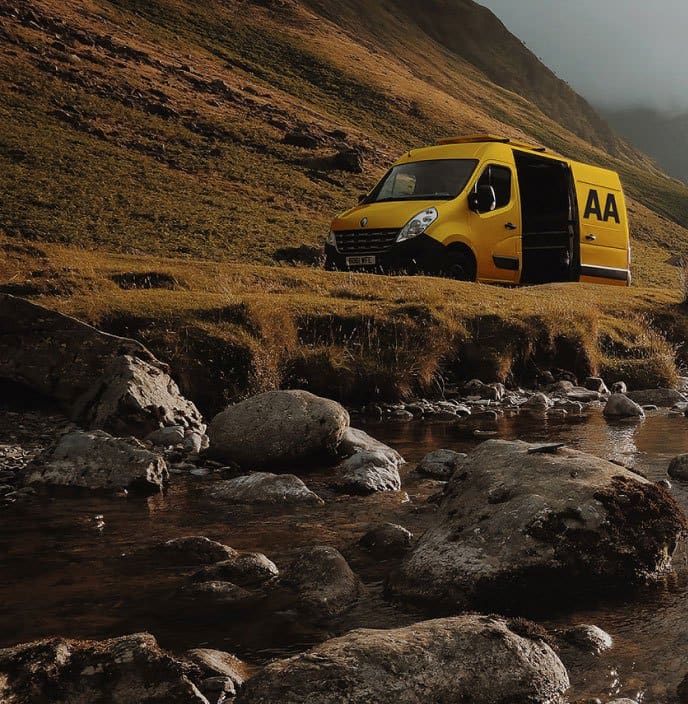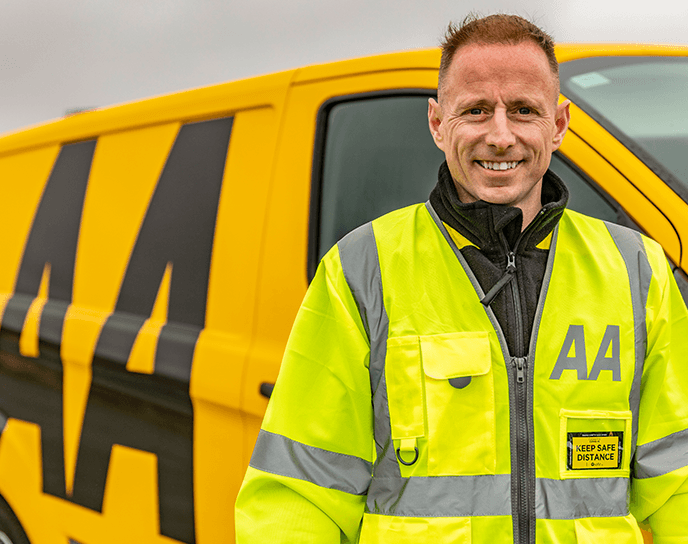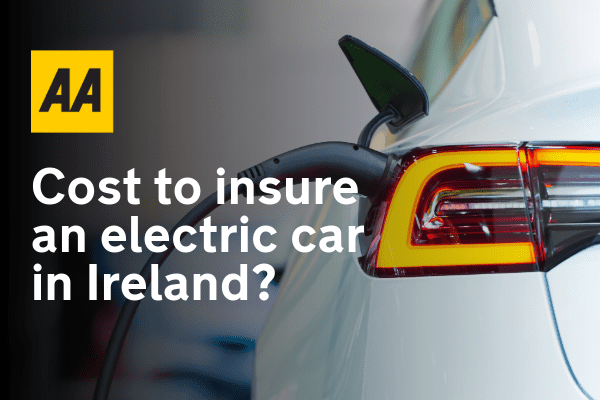Importing a vehicle from the UK to the Republic of Ireland has become more complicated in 2021. Your taxes and duties may vary based on whether the vehicle is imported from Great Britain (England, Scotland, Wales) or Northern Ireland. It also depends on whether you are buying the vehicle from abroad to import into Ireland or moving to Ireland yourself with a vehicle you already own.
Inform the British Authorities that you’re exporting a car
To import a car from the UK into Ireland, you’ll need to first let the British authorities know you are exporting the car. When you buy the car, you’ll get a V5C document once ownership is transferred. That’s the equivalent of the Irish Vehicle Registration Certificate. At this point, you’ll need to complete the V5C/4 “Notification of Permanent Export” section of the V5C document and send it to the UK’s Driver & Vehicle Licencing Agency (DVLA), Swansea, SA99 1BD. Hold on to the rest of your V5C document, as you’ll need that for the Irish authorities. You should also have your UK car insured while it’s in Ireland. Remember, if you’re travelling to the UK to collect the car in person, AA Membership will also cover you for roadside assistance when driving in the UK.
Ensure you pay the right VRT and VAT Charges
If you are living in Ireland and importing a vehicle from the UK, you will be liable for Vehicle Registration Tax (VRT), which is paid when a vehicle is first registered in the state. You will also be liable for VAT at the current standard rate (23%), and customs duties, if the vehicle is coming from Great Britain. If the vehicle is coming from Northern Ireland, you do not have to provide a customs declaration if (a) the vehicle was in NI before Jan 1st, 2021 and has not left since (you will need proof of this) (b) the vehicle was registered in NI after Jan 1st, 2021 and (i) this was the first time it was registered in the UK and (ii) it has never been exported or registered in GB or outside the EU.
Moving to Ireland with your car
If you are moving to Ireland from the UK and bringing your car with you, you may be able to avail of exemptions from VRT, VAT and customs duties. This only applies where you are transferring your residence to Ireland (becoming a normal resident here), where the car is for your own personal use, and where you have owned it for at least 6 months in the UK prior to moving. You’ll still have to make an appointment for a VRT inspection.
Book a VRT Inspection with the NCTS
Once you’ve brought the car into Ireland, your first step will be to make an appointment with the NCTS for a VRT inspection, which they carry out on behalf of the Revenue Commissioners. This inspection will confirm that your vehicle is as described in your V5C document.
The Revenue Commissioners require the following documentation for the VRT inspection:
- Evidence of previous registration, e.g. foreign certificate of registration, a certificate of permanent exportation or a certificate of de-registration, as appropriate.
- The vehicle’s invoice, which must have the date of purchase/sale clearly indicated
- Documentation verifying your name and address in the State (Utility Bill, Bank Statement etc.)
- Documentary evidence of your Personal Public Service Number (PPSN) e.g. a payslip, P60 or any documentation issued by the Revenue Commissioners which includes your PPS number, name and address
- If the vehicle is purchased from Northern Ireland, you will need either: details of the date it was shipped into NI from an EU country, or the single administrative number and the date it was issued by customs at the point of entry into NI from GB. If your invoice is more than 30 days old, you will also need to provide details of where the vehicle was stored in the meantime.
Your VRT payment will depend on the Open Market Selling Price (OMSP) of the vehicle determined by the Revenue Commissioners. The OMSP is the price the Revenue Commissioners understand the vehicle would be worth if sold in Ireland, and the vehicle’s VRT liability is calculated as a percentage of the OMSP. This percentage varies, depending on the car’s CO2 emissions. VAT, if applicable, is also paid at this stage. If you disagree with the vehicle’s OMSP, the Revenue will allow you to appeal it, but you must initially pay the figure determined, and if it’s revised downward, you will receive a refund.
Finally, Pay the Relevant Motor Tax and Insurance
Following your appointment with the NCTS, they will give you a receipt for your VRT payment, with the registration number assigned to the vehicle and form RF100, which you need when applying to pay motor tax. You can buy registration plates on-site at many NCT centres and other outlets nationwide; get these fitted as soon as possible as the car is no longer regarded as British and therefore can’t display UK number plates.
Once you pay motor tax, insurance and arrange, if applicable, an NCT date, it’s an officially road-legal Irish car. Don’t forget to purchase AA Membership so you’re never left stranded on the road.
Also, while not a requirement, it may be worth having your car examined by a mechanic to help ensure that your dream car doesn’t turn out to be a nightmare. At the very least, a car history check can tell you if the car has any outstanding finance or has been written off after a collision.
The overall cost of importing a car from the UK to Ireland
To summarise the overall cost involved when bringing your car from the UK to Ireland.
Custom Duties
Custom duties only apply if the car was manufactured in the UK or not. The custom duty is 0% if the car originated in the UK. The custom duty is 10% if the car originated outside the UK.
VAT
The VAT when importing a car from the UK to Ireland is 23%, charged on all used and new cars.
VRT
Vehicle Registration Tax varies in Carbon Dioxide emissions plus Nitrogen Oxide emissions. You can calculate your car’s VRT in category A for passenger vehicles.
Motor Tax and Insurance
Motor tax is based on the size of the car engines. The most recent motor tax rates can be found on the Department of Transport Motor Taxation and paid via the Motor Tax website.
Car Insurance is based on various rates as car value and safety features, although it varies.
More information
Here are some useful links to help you in the process of importing your UK car into Ireland:










